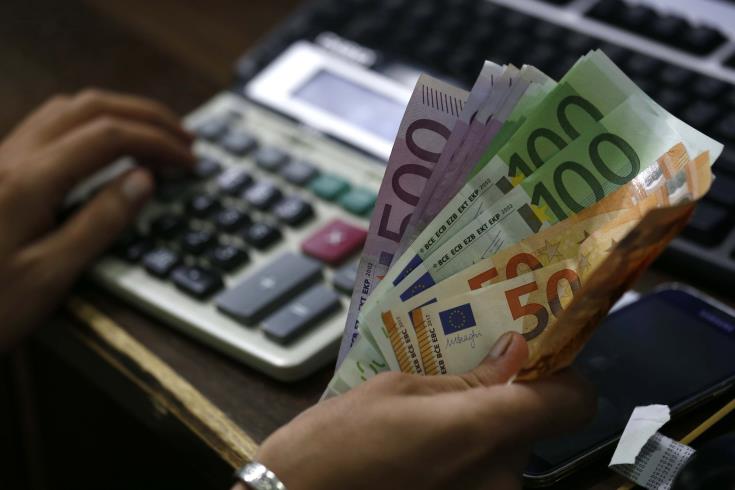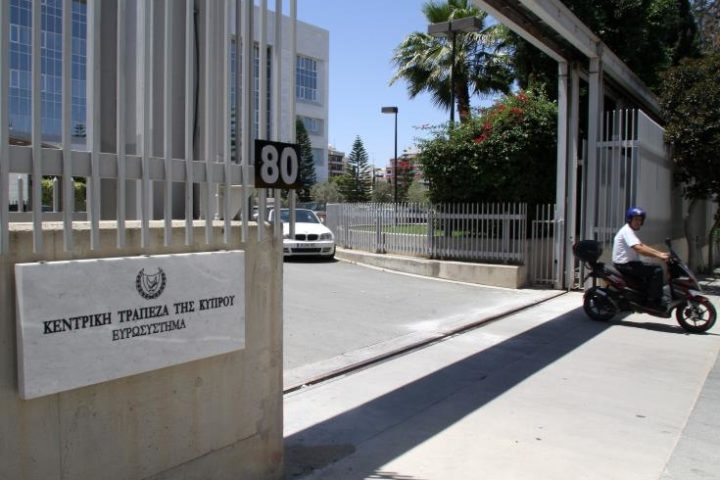Thousands of borrowers have been stung by interest rate hikes as they see their monthly mortgage instalment increase by hundreds of euros, causing concern about the housing market.
With indications the European Central Bank will continue raising interest rates to tackle inflation, fears of a real estate slump have grown.
Since July, the ECB has raised interest rates by three percentage points and has already hinted at an additional 50 basis point (half a percentage point) increase ahead of its March 16 board meeting, with markets now expecting further hikes of 75 bps before the end of summer.
In real terms, the increase has seen monthly mortgage instalments rise by several hundred euros.
The average mortgage interest rate in July was 2.5%, and the maximum could reach 3%.
So, in the summer, if someone had taken out a loan of €200,000 with a repayment period of 20 years, their instalment would have been €1,060.
However, since the ECB has increased rates, mortgage rates are now 5.5% to 5.75%.
With most housing loans being taken out with a flexible interest rate regulated by the market, the monthly payment for a €200,000 loan has increased by €345.
When the additional increase is expected in mid-March, the overall interest rate will be between 6% and 6.3%, meaning the increase will be over €400, pushing the monthly instalment close to 1,470.
This puts additional pressure on households struggling due to high inflation rates, while young couples starting off will think twice before taking on a mortgage.
Talking to the Financial Mirror, Eleni Averkiou, a Danos/BNPRE Group property consultant, said increased interest rates come when the market is picking up pace, building a positive trend.
She said real estate agents have already recorded a drop in demand in the housing market due to rising inflation and interest rates.
“Following the drop of tight COVID measures, we’ve seen the market take off, mainly driven by local interest and foreign firms and their employees relocating to Cyprus who are looking for housing and office space,” said Averkiou.
Danos believes the market is still on the upside, thanks to locals and foreigners with cash in their pockets.
“This source of the buyer will soon dry out, leaving the industry in search of buyers, while we have seen new local buyers being more hesitant to draw up a loan agreement with a bank.
“We also see a turn to smaller apartments and houses, which is helping the sector remain sustainable through this rough patch,” said Averkiou.
The Danos consultant noted that banks are trying to be helpful, processing the loans as fast as they can, and in the case of credible borrowers, a better interest rate could be on the table.
She argued that authorities should intervene to introduce measures to help unblock the sector.
Negative effects
Averkiou said the one thing authorities should be doing is to find ways to balance out the negative effect of interest rates on households.
“Interest rates and the cost of living have gone up, while salaries have not budged in years.
“The government and the new Finance Minister should be looking into this, finding ways to support new home buyers”.
She proposed the government consider a one-off grant to help families buy their first home.
“This could be combined with projects to breathe new life into city centres, like downtown Nicosia, the suburbs, or even rural areas”.
Although the developments are worrisome for the real estate sector, economists don’t feel this could create another wave of non-performing loans.
Ioannis Tirkides, Chief Economist at the Bank of Cyprus, argued that the financial data differ from what they were in 2013 when the banking crisis broke out.
He said housing affordability is a function of the change in income, housing prices, and interest rates, which determine the cost of servicing debts.
“With interest rates higher and real incomes fading because of inflation, affordability is dropping.
“As a result, demand for borrowing will be affected adversely.
“But this doesn’t mean that non-performing loans will start to rise to any worrisome extent either in the household or the business sectors,” said Tirkides.
He argues several factors make the current credit situation much more manageable than in previous years and certainly more than the bubble years before the crisis erupted.
“The economy is much larger than ten years ago; loans from residents are much less in absolute terms and in relation to GDP, which is true for businesses and households.
“More importantly, particularly for the business sector, the cost of servicing their debts is significantly less than ever before; employment levels will remain high even with a weakening economy”.
He added that the income level in the economy today is 40% higher than it was ten years ago, while loans by residents are less than half in absolute terms and less than one-third as a ratio to GDP.
“Residents’ loans to GDP were 80% at the end of December 2022 compared with 270% at the end of December 2012.”
The economist said that despite the slowing economy, employment levels are expected to remain relatively high, starting from a position of labour shortages in many areas, supporting payment ability.
“Some increases in non-performing loans can be expected, but I wouldn’t expect this to be a serious problem in conditions of an economic slowdown as we expect, even in a modest recession which is not anticipated.”










